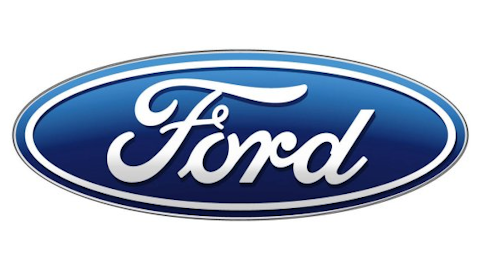Audiences at this week’s North American International Auto Show have seen plenty of interesting new vehicle debuts, but few have been as intriguing as the Atlas Concept that Ford Motor Company (NYSE:F) unveiled on Tuesday.
The Atlas is a high-tech pickup truck, but it isn’t some fanciful concept vehicle. It’s thought to be a pretty accurate preview of the next-generation version of Ford’s flagship F-150 pickup.
But that new pickup isn’t expected to arrive at dealers until the fall of 2014. Why show it now?

To understand that, it’s important to understand this: Few things – maybe no things — are more important to the Detroit automakers than their pickups. For each of the once-Big Three, pickups deliver the lion’s share of profits – despite the growing importance of fuel-efficient cars.
Nowhere is that more true than at Ford, and for years, Ford has positioned itself as the king of the big pickup market. Ford’s F-Series pickup line (which includes the F-150 and its heavier-duty brethren) is America’s best-selling vehicle, and has been since the early 1970s.
More to the point, it’s almost certainly more important to the Blue Oval’s bottom line than any other single model it makes anywhere in the world. Full-sized pickups are big sellers and they carry big margins: One top analyst estimates that as much as 90% of Ford’s global automotive profit may be attributable to the F-Series.
That’s billions-with-a-b, every year. Think Ford is serious about protecting that franchise, without profit-eroding incentives? You bet. And that brings us back to the Atlas Concept.
The competition has just upped its game
Ford’s current F-Series is an excellent truck. It’s comfortable, reliable, durable, fuel-efficient, and most buyers love it. In recent years it has been the gold standard in the category, and sales – and profits – have been quite strong.
But now it’s not the only excellent truck, as the competition has just upped its game. Chrysler’s Ram was just revised, and it’s also an excellent truck. In fact, it just won the prestigious (really) North American Truck/Utility of the Year award, and has received strong reviews from critics. And General Motors Company (NYSE:GM) just unveiled the long-awaited next-generation versions of its flagship big pickups, the Chevy Silverado and GMC Sierra.
Those trucks, along with (to a lesser extent) Toyota Motor Corporation (ADR) (NYSE:TM)‘s Tundra, are the key competitors to Ford’s F-Series. And suddenly, both of those products are fresher than Ford’s trucks, which got their last major updates in the 2011 model year (though Ford makes some improvements every year).
Ford understandably wants potential buyers of those other trucks – particularly those inclined to be loyal to Ford – to see what it has in the pipeline. Also understandably, it wants those potential buyers to see that, notwithstanding concerns about fuel economy, Ford isn’t about to abandon its winning formula. Lastly, with such an important product, one could argue that a sanity check makes sense before committing a new design to production.
That’s where the Atlas comes in. Rumors that Ford would be going to a “lightweight” truck in the next-generation, making extensive use of aluminum, led to concerns in some quarters that Ford’s upcoming pickups would be different, lesser versions of the current models. Not to worry, truck fans: While the Atlas includes some lighter-weight materials and other fuel-saving features, it’s still very much a Ford pickup – and it very much looks the part.
As for that sanity check? Reaction has been strongly positive. Ford’s on the right track.

